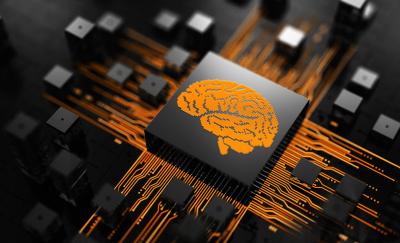Artificial intelligence (AI) is reshaping how we live, work, and interact with technology. As AI’s capabilities expand, so do its ethical and societal implications. In this master class, Dr. Nora Connor, Abt Global’s director of data science and AI, explores how AI evolved and how we can ensure its use for good.
A Tool, Not a Mind: A Brief History of AI
A Vermont native, Connor learned the importance of maintaining tools while building trails and clearing invasive plant species in her state’s Youth Conservation Corps: "A strong, sharp, well-maintained tool is a safe tool," she says. “That's how I feel about AI.”
At its core, AI is built on pattern recognition, with generative AI a sophisticated evolution. Early AI models, like those used for natural language processing (NLP), were trained on specific datasets. Today’s AI systems, such as OpenAI’s ChatGPT, are trained on vast amounts of data from across the internet. This ability to process and generate content based on large datasets enables AI to mimic human interaction, but it is still fundamentally a statistical model.
Its statistical foundation also makes AI vulnerable. Because AI can "plagiarize" or aggregate information from the internet, it may provide false or misleading answers if not carefully monitored. In the wrong hands, AI can easily produce algorithmic biases or deep fakes, making it easy to manipulate public opinion or malign people. Many tech companies are developing AI models in competition with each other, helping spur innovation and meet clients' needs for transparency and responsibility.
AI for Good
For AI to benefit society, its use must be governed and guided responsibly. AI should be trained on trusted datasets, especially in critical applications like government work. And it should aid human decision-making rather than replace it entirely. Symbiosis between humans and AI is crucial.
Abt offers the full suite of services that wrap around AI and best practices for maximizing its benefits while minimizing risks. As digital technologists who work closely with U.S. government agencies and offices, we’re uniquely equipped to steward AI integration in the public sector. Our commitment to innovation and the highest standards enables our clients to overcome barriers to AI adoption and safely transform public programs.
Examples of our work include:
The most powerful tools require the most care. AI’s rapid development has transformed industries and opened new frontiers of innovation, while accelerating the need for thoughtful governance, transparency, and collaboration. By sharpening the tool and maintaining clear oversight, we can harness the power of AI to solve the world’s most pressing challenges.
Connect with our experts




